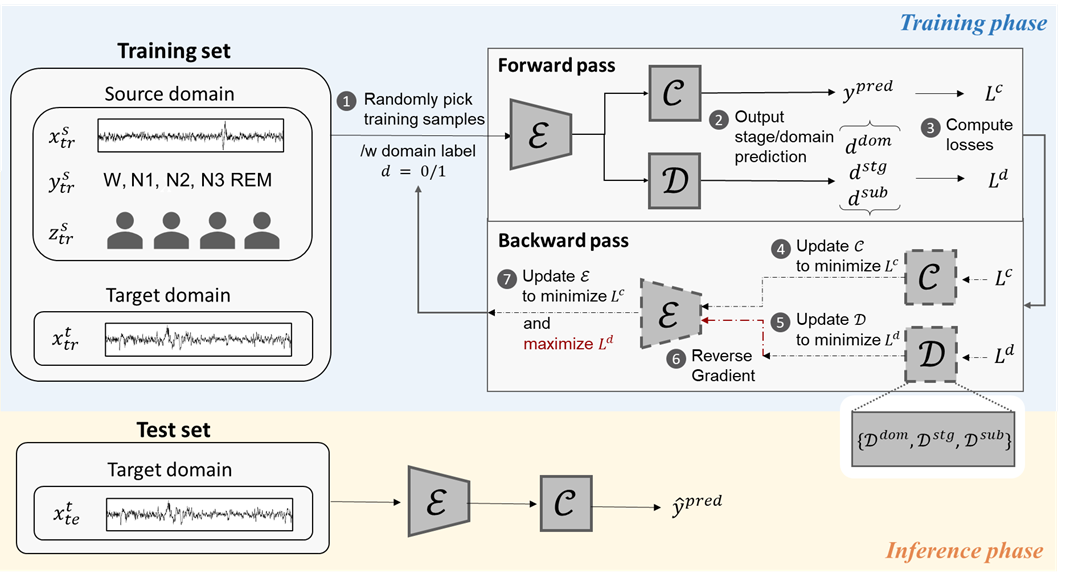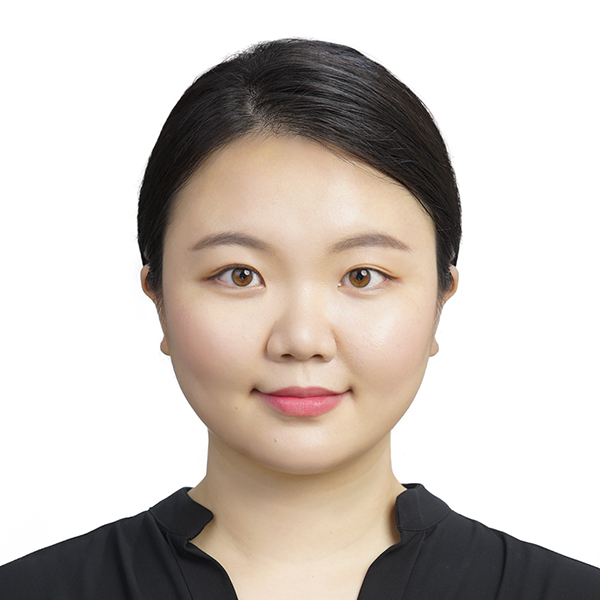Machine learning based Sleep Staging Analysis
This research was supported by Convergent Technology R&D Program for Human Augmentation through the National Research Foundation of Korea (NRF) funded by the Ministry of Science and ICT.
Mobile AI biosignal analysis refers to technology for the prevention, diagnosis, and control of disease by analyzing the biosignal acquired from sensors of mobile device, using AI technologies. The patient-specific healthcare service can be provided by obtaining each patient’s biosignal at a close distance by mobile device and training.
There has been increasing interest on analyzing large-scale medical signal acquired by various medical devices in medical industry, thanks to the development of artificial intelligence (AI) and machine learning (ML). The neural network based machine learning, in particular, is actively leveraged to AI based biodata analysis, achieving remarkable improvement in performance compared to conventional algorithms.
The goal of this project is to develop ML based sleep staging algorithms. The interest of research is wide including sleep staging, spindle detection, biosignal denoising and domain adaptation.
Sleep has a basic structural organization, with five unique stages, including “wake”, “rapid eye movement (REM)”, and “non-rapid eye movement (NREM)”; NREM is generally separated into three stages as NREM 1 (N1), NREM2 (N2), and NREM 3 (N3). Sleep staging refers to the identification of the current stage of sleep using biometric signals. Because sleep staging can help explain sleep disorders to provide effective treatments, researchers have developed accurate sleep scoring methods.

